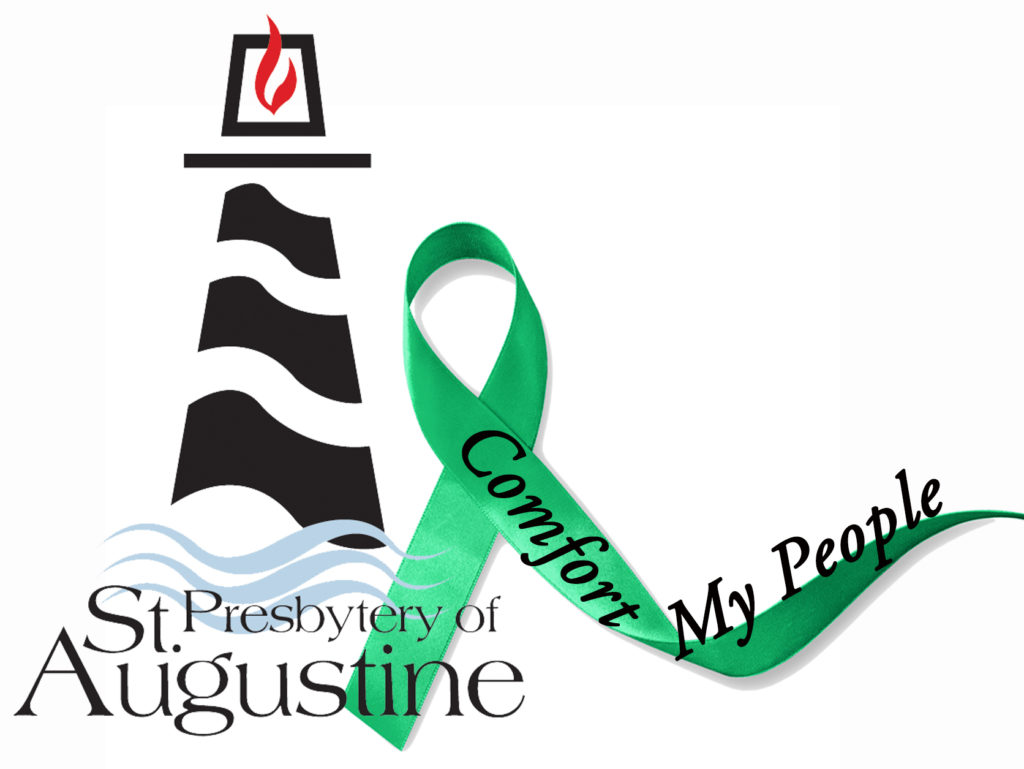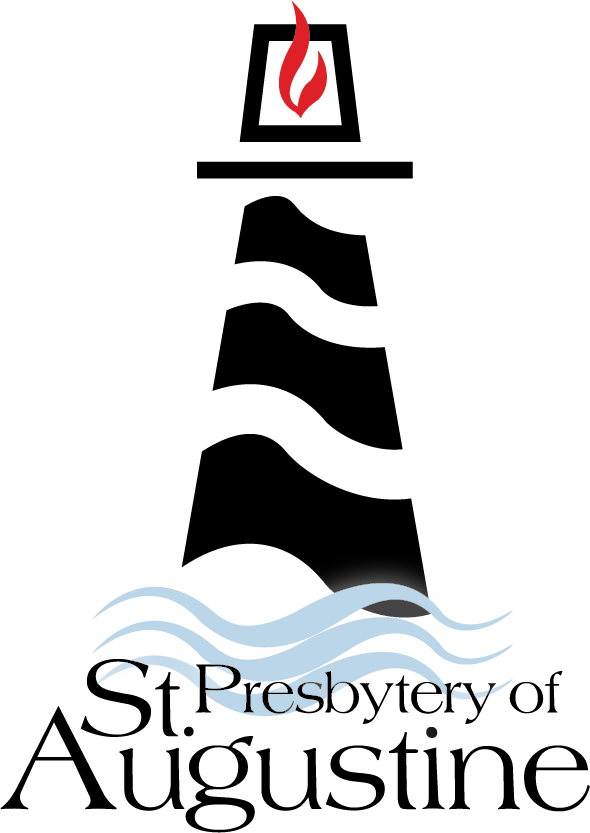Mental Health Resource Lists

According to the World Health Organization (WHO), mental health is “a state of well-being in which the individual realizes his or her own abilities, can cope with the normal stresses of life, can work productively and fruitfully, and is able to make a contribution to his or her community. Source: https://www.ncbi.nlm.nih.gov/pmc/articles/PMC4471980/
Understanding that you, as a church leader, are often called upon, to “help people” in various states of stress and dis-ease, the following Resource Lists have been prepared, as part of the Comfort My People grant, to give you up-to-date information about a range of resources and services that hopefully will be user-friendly and helpful. As with all resources they vary widely and change often. Thus, please be sure to check websites and contact information BEFORE use.
Learn more about the mental health system in this letter from Susan Lee, LCSW, our former Comfort My People Coach.
Area Mental Health Resource Lists
Click on the buttons below to download the PDF file for the designated areas.
Faith Community Resources
Take Time to Talk – (PDF Download) Research has found that remarkable things can happen if parents and caregivers spent at least 15 minutes of undivided time a day listening and talking with their children. The basis of this activity is to get to know more about your family, friends, and caregivers by honestly answering the questions and carefully listening to the replies. There are no rules. Everyone is a winner if we begin to talk and listen to one another, but you can’t be a winner if you don’t answer the questions honestly.
General Mental Health Internet Resources
- PCUSA Mental Health Ministry – https://www.presbyterianmission.org/mental-health-ministry
- Mental Health America – https://www.mhanational.org/
- Suicide Prevention Hotline – https://suicidepreventionlifeline.org/
- NAMI: National Alliance on Mental Illness – https://www.nami.org
- National Institute of Mental Health – https://www.nimh.nih.gov
- Centers for Disease Control and Prevention (CDC)
- Mental Health
- Child Development (includes sections of children’s mental health, developmental screening, positive parenting, and more)
- Violence Prevention / Bullying Prevention
Letter from Susan Lee, LCSW – Understanding the Mental Health System
There is a Formal Mental Health System which functions like any other part of the health care system. Mental Illness is treated like any other illness. Specifically, as a church leader, you become aware of a person in need and like with any other illness, you refer him or her to a physician or the local Emergency Room. The physician(s) complete(s) an evaluation and prescribes a course of treatment. The individual follows the course of treatment and, ideally, returns to health and regular functioning. As with all medical emergencies, people are advised to go to their nearest Emergency Room at the nearest Hospital.
However, we know that issues relating to mental health and mental illness very widely from individual to individual and from situation to situation. As a church leader, you are probably the only faith-based resource for an individual and his or her family. You are the only person who brings “the church” and God to these situations. You know firsthand how the health care system works, and it is the same for cancer as it is for bipolar disorder. Generally, people benefit from the inclusion of God, prayer, and a caring community to their healing and recovery. I hope you will bring your healing power to this situation.
In addition to the Formal System, there is what can be thought of as the Semi-Formal and Informal Mental Health System. These systems grow out of need and are often very helpful. As with many needs, there are not enough services to go around, thus many services have developed which are FREE and that generally means volunteer based which often means variable. Like with other community needs, there are local not-for-profit organizations that provide a range of services, these vary widely and there is no uniform or consistent “system” or way to research or find these organizations, i.e. Jacksonville has had a Child Guidance Center for over 40 years, but no other such clinic is present in the Presbytery of St. Augustine. However, other communities have developed services and organizations specific to their community needs and resources.
I have found the most consistent resources for Mental Health Services in our presbytery to be NAMI. This is a national non-profit very close to people with serious mental illness and their families. Accordingly, I have listed NAMI resources nationally and locally. Locally, this is mostly a volunteer effort; but the folks I’ve spoken with know what is going on or are committed to helping find out. Also, support groups are the other most reliable resource for persons with mental illness and their families. Like with churches, each is different and meet different needs. Each person is different and so finding “the right” support group functions much like “finding the right church” a phrase with which you are familiar. Please be prepared for this reality, remembering it is about the person NOT about you. I mention this reality as I feel I must include this qualifier to this Resource List. I have included website contact listings for major resources as these resources vary; but when available, are usually very helpful. Some groups are good about updating their web-based information, others are not. I do know that, like me, as you work with these resources you will become familiar with what resources work best for you. You may be familiar with resources not listed, please feel free to contact the presbytery with your updated information.
In the Formal System resources are listed and familiar. The informal services tend to be limited, specific and helpful, but often helpful for a limited number, i.e. health care providers who provide reduced fees for service. There are those who offer a sliding fee scale, but many keep this information in the informal (word-of-mouth) system, and do not advertise this. In my experience, the informal system is best learned about via the network of volunteer-based Support Groups. I am a big advocate for Support Groups, they are FREE and open to the Public. Mental Health Support Groups function much like Alcoholics Anonymous (AA) Support Groups. You can attend and participate or say nothing. They are typically run by persons with mental illness themselves, in good recovery, who are very motivated to be available to help other similarly situated. There are usually handouts and the informal network of services is freely available; as are candid opinions about agencies, providers, medications, etc. Sponsoring a Mental Health Support Group, like sponsoring or hosting AA, can be a major asset for your church and your community. Contact the Comfort My People program at the presbytery for help and information about how to start, sponsor, or host a mental health support group.
Similarly, there is another group of Support Groups for the family members of persons with mental illness. These too are volunteers, typically family members dealing with a person with mental illness and all that entails. They are very motivated from their own experience. Thus, information is variable and includes an information system of experience and opinion. Support Groups are listed with their website contact. The recommendation is to have people check out the website for the most up-to-date information with the suggestion to call first to check it out and confirm days, times, and locations.
As with all people having a need for medical services and with out insurance or without an ability to pay, there are few if any services. There is a publicly funded, though severely underfunded, service for emergencies, as with other medical services. It is best to direct people to a Hospital Emergency Room so they can receive services and ideally be directed to other services they may need. On a limited basis, there are not-for-profit agencies who offer limited out-patient counseling services. Some of these agencies are listed on the Resource List. The financial reality of medical services is another reason why Support Groups are so important, and many are very good.
Blessings as you Comfort My People (Isaiah 40).
Sincerely,
Susan Lee, LCSW
Former Comfort My People Coach
